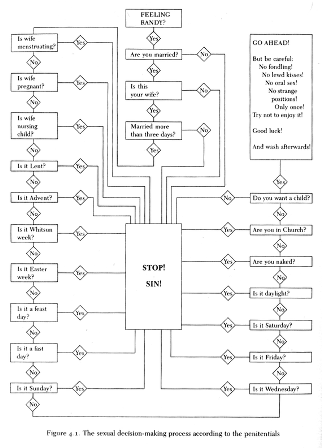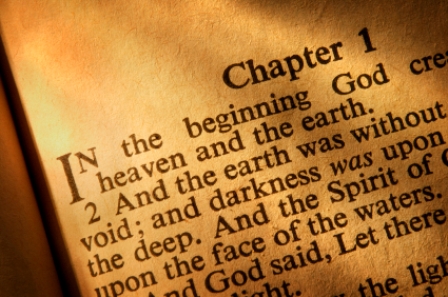Read Psalm 1.
In a popularity contest amongst all the psalms, I imagine Psalm 23 wins hands down. But it was this psalm which was chosen to begin the whole book. While certainly not as familiar or popular as Psalm 23, this psalm is still well known, perhaps because of its place at the head of the Psalter, or maybe because of its encouraging depiction of life before God.
The basic message of the psalm is quite simple: there are two ways of life, and only two: the way of the righteous and the way of the wicked. “The Lord knows the way of the righteous, but the way of the wicked will perish” (v. 6).
The way of the righteous is portrayed in verses 1-3, with the blessing pictured in verse 3 being the result of the lived commitments of verses one and two. This person delights in God’s Torah (law) – his instruction and guidance through the Scriptures – so much so that they meditate in the Scriptures day and night. To meditate is simply to reflect on, think about, discuss the truth of God as made known in his Word.
Their steadfast orientation toward God results, according to the psalm, in a life of substance, stability, fruitfulness and endurance (verse 3; cf. Joshua 1:8; Jeremiah 17:5-8). This is in marked contrast to the “wicked” who are portrayed in verse four as chaff – the weightless husk of the grain in contrast to the enduring majesty of the tree. Derek Kidner notes that the destiny of the wicked is “collapse” and “expulsion”: they will not stand in the judgement, nor in the assembly of the righteous (verse 5; see Kidner, Psalms 1-72 Tyndale OT Commentary, 49).
When I read this psalm, I can’t help but think of the wonderful Karri forest in southwest Western Australia. Mature karri rise 80 metres out of the ground, and may live for up to 400 years. These majestic, beautiful trees withstand fire, drought, disease and storm. They endure, and in their endurance, are beautiful. They picture the resolute endurance and beauty, substance and stability which characterises the way of the righteous.
At the very start of the psalms, then, the question is put: what way will you choose?
Where does your fundamental allegiance lie?


